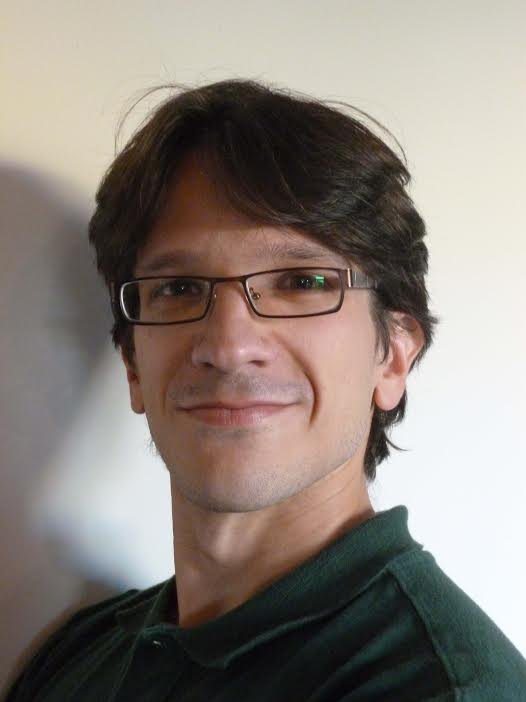Coletti receives NSF CAREER award to study airflow in lungs

Filippo Coletti, Assistant Professor in the Department of Aerospace Engineering and Mechanics, was awarded a prestigious CAREER award from the National Science Foundation to study the fluid mechanics in the airways of both healthy people and those suffering from respiratory illness. Respiratory disease is one of the leading causes of death in the world, yet these conditions are difficult to treat due to an incomplete understanding of the transport of both therapeutic and harmful particles through the respiratory system. To address these gaps in information, Coletti plans to study the influence of the structure of the respiratory system, such as branching patterns in the bronchi and the properties of airway walls, on its function, including how inhaled drugs or cigarette smoke travel through it.
To get at these difficult questions, Coletti will employ advances in 3D printing to make models of human airways in which he can control wall thickness and flexibility. In the first stage of this study, Coletti and his students will use models of simplified bifurcations, like the branching in human lungs, made of elastic materials and track a working fluid laden with tiny solid particles through the manufactured splits. They plan to use both Magnetic Resonance Imaging (MRI) and Particle Image Velocimetry (PIV) to capture both the trajectory of the particles and the corresponding wall movement. The second stage of research will employ models based on the airways of real patients who have no respiratory conditions or who suffer from severe, and sometimes deadly, airway damage.
The outcomes of this work will not only help establish new methods for studying and diagnosing respiratory diseases, but can also be applied to improve drug delivery strategies. As part of the outreach efforts associated with this grant, the Coletti Lab is planning to partner with students at a local high school to encourage the involvement of underrepresented students in science, technology, engineering, and mathematics (STEM) fields.
